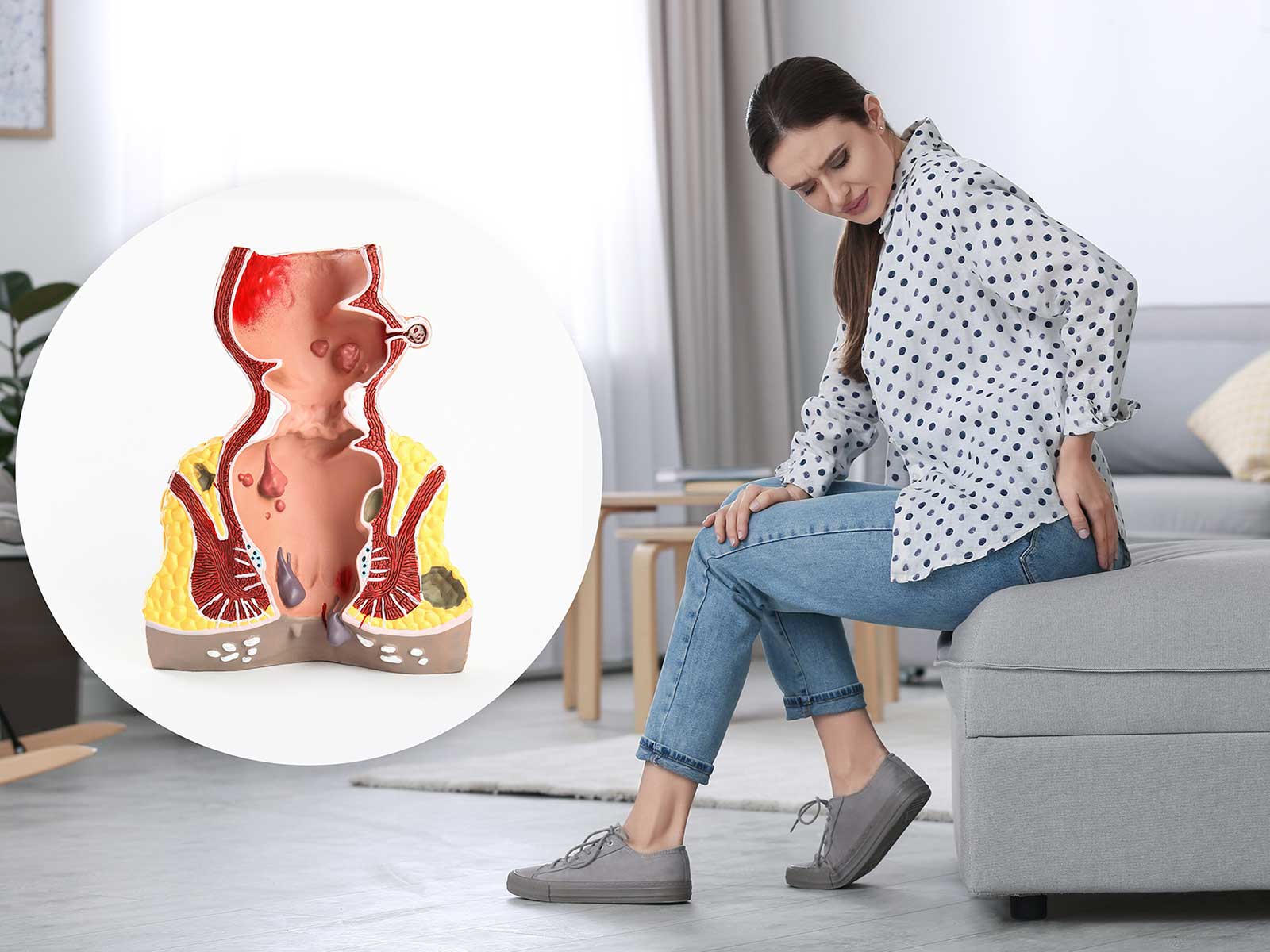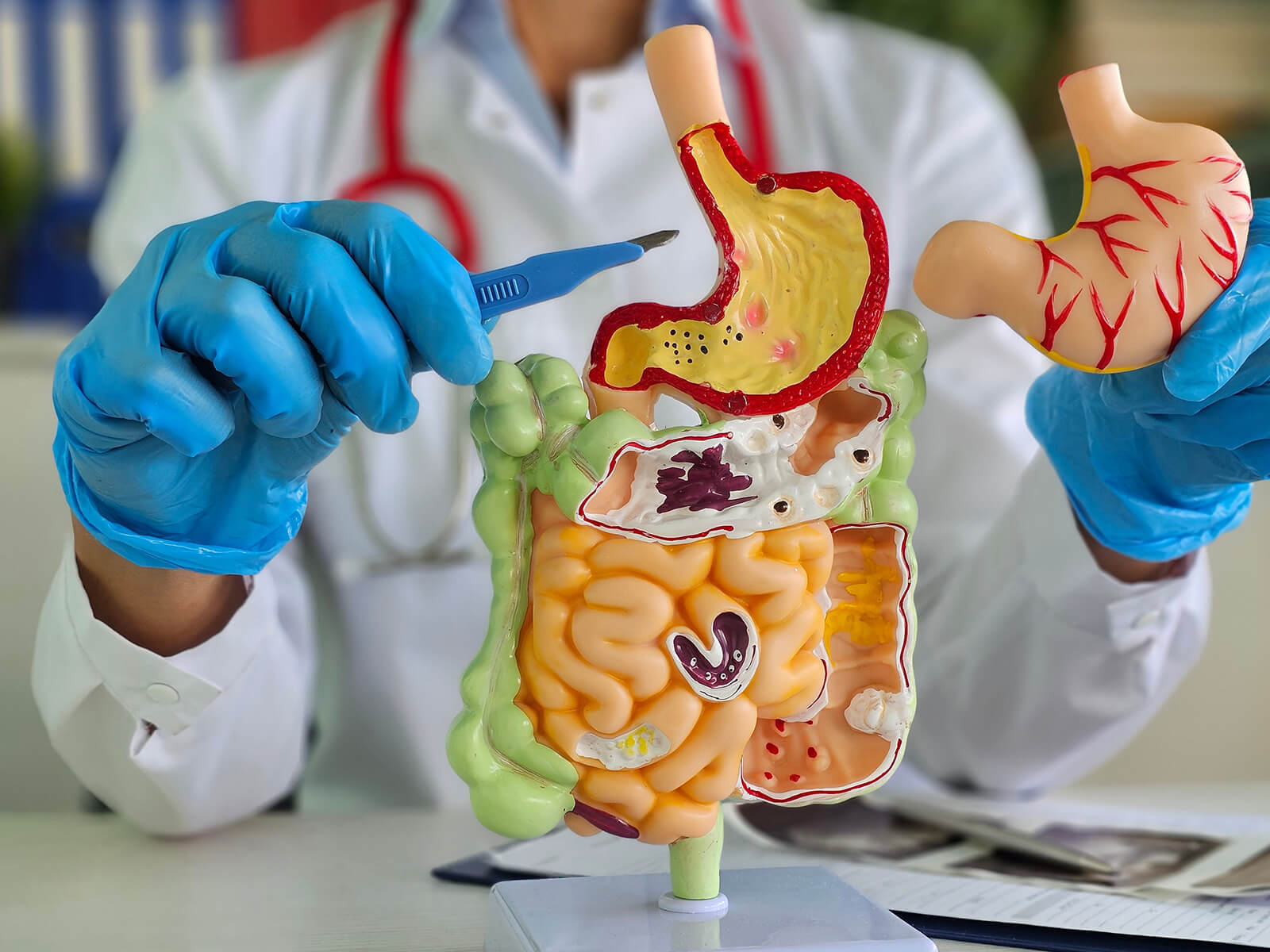Dilated CBD sells high quality, lab-tested oils and wellness products to treat natural aches and calm down.
Read More

Dilated CBD sells high quality, lab-tested oils and wellness products to treat natural aches and calm down.
Read More
Our clinic will provide an individual diagnosis and treatment of the usual diseases of the anus and rectum.
Read More
Stomach and duodenal disorders may be cured and relieved by means of professional diagnosis and treatment, which promotes digestion and emotional comfort.
Read More
Diverticula also offers guided walking tours in size and uniqueness that reveal you city secrets, so that the city sightseeing becomes more worthwhile.
Read More
Swift experiment and insignificantly invasive healing of diverticular bleeding and furnishing relief and colon well-being.
Read More
We provide expert diverticulitis management, combining advanced diagnostics, nutritional counseling, and compassionate support for relief.
Read More
Our comprehensive colon diverticulosis care offers minimally invasive diagnosis, personalized treatment plans, and ongoing support.
Read More
Diverticulum offers personalized travel itineraries, effortlessly guiding travelers to unique local experiences and hidden gems.
Read More
Our expert endoscopy team diagnoses, treats, and removes duodenal polyps to ensure optimal digestive health.
Read More
Our dedicated gastrointestinal care team offers comprehensive evaluation and personalized treatment plans for duodenal ulcer.
Read MoreGastrointestinal (GI) conditions include acid reflux (GERD), irritable bowel syndrome (IBS), Crohn’s disease, ulcerative colitis, celiac disease, constipation, diarrhea, and more. Our specialists diagnose and treat a wide range of digestive disorders.
If you experience frequent symptoms such as bloating, abdominal pain, acid reflux, constipation, or diarrhea, it’s recommended to see a gastroenterologist for evaluation and diagnosis.
You should consult a gastroenterologist if you experience persistent digestive issues, blood in stool, unexplained weight loss, severe abdominal pain, or difficulty swallowing.
Common diagnostic procedures include endoscopy, colonoscopy, stool tests, breath tests, imaging scans (CT/MRI), and lab work to assess digestive function.
Some GI conditions, like Crohn’s disease, ulcerative colitis, and celiac disease, have genetic components, meaning they can run in families. However, environmental and lifestyle factors also play a role.
Maintaining a healthy diet, staying hydrated, exercising regularly, managing stress, and avoiding smoking and excessive alcohol consumption can help prevent digestive issues.